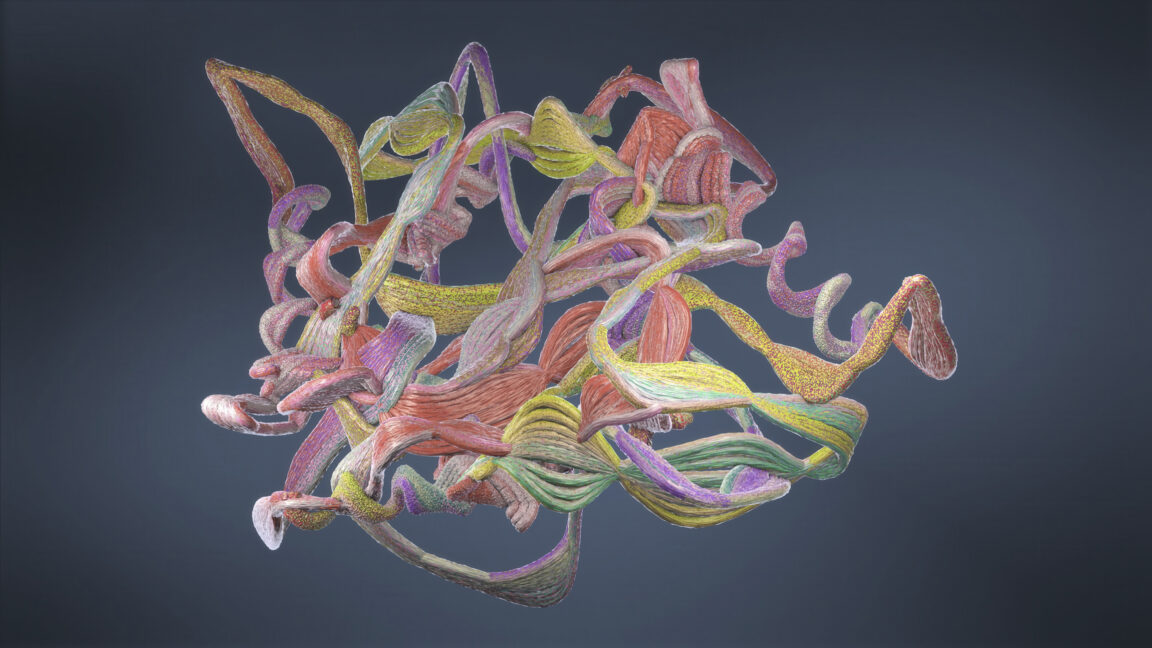Home / Science / AI Decodes Genome Secrets for Novel Proteins
AI Decodes Genome Secrets for Novel Proteins
22 Nov
Summary
- AI is now predicting protein structure and function.
- New AI model 'Evo' trained on bacterial genomes.
- This approach can design proteins unlike any seen before.

Artificial intelligence has recently made significant strides in deciphering the intricate relationship between protein structure and function. Beyond predicting existing protein structures, AI is now being used to design novel proteins with specific, beneficial functions. This advanced capability marks a considerable leap forward in biological research and development.
However, this groundbreaking work has expanded beyond just proteins to explore the foundational level of nucleic acids. Researchers at Stanford University have developed a "genomic language model" called Evo, which is trained on vast collections of bacterial genomes. This model learns by predicting the next base in a genetic sequence, much like language models predict words.
By analyzing the clustered gene arrangements common in bacterial DNA, Evo can generate entirely new DNA sequences. These sequences can then be used to design proteins with novel functions, offering a powerful new tool for scientific innovation and discovery.




